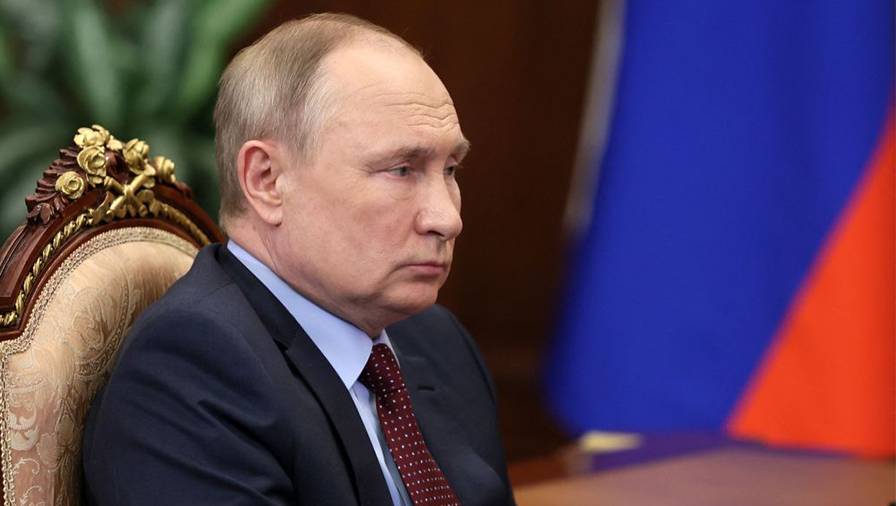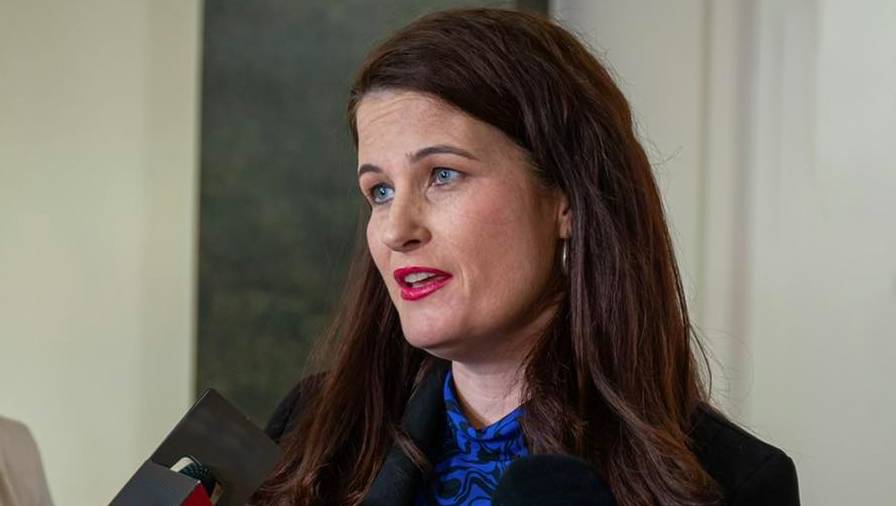Myanmar quake toll rises; Trump 'pissed off' at Putin
And Aussie election campaign targets supermarket competition.
Illustration: Michael Hickmott.
And Aussie election campaign targets supermarket competition.
Illustration: Michael Hickmott.
Mōrena and welcome to your Monday recap of the key international business and political stories making headlines.
First today, the death toll from the earthquake in Myanmar continued to rise, as rescue teams and aid were rushed to the country, Reuters reported.
The 7.7-magnitude quake struck the Southeast Asian country on Friday local time. About 1700 people were dead, along with 3400 injured, and more than 300 missing.
The military government warned the number of fatalities could rise further as rescue teams went through rubble and damaged buildings. The International Federation of Red Cross and Red Crescent Societies said the destruction had been extensive and humanitarian needs were growing by the hour.
"With temperatures rising and the monsoon season approaching in just weeks, there is an urgent need to stabilise affected communities before secondary crises emerge," it said.
In the Middle East, Israeli airstrikes on a tent housing displaced people in southern Gaza killed 10 people on Sunday local time, as Palestinians observed the first day of Eid-al-Fitr, CNN reported.
Around 20 people were also injured in the strike on the Al-Mawasi area. Israeli Prime Minister Benjamin Netanyahu said his military was putting pressure on militant group Hamas to release more hostages.
Elsewhere, Russian drones struck Ukraine’s eastern city of Kharkiv, killing two people and wounding dozens of others, Al Jazeera reported. Ukraine said the attack hit residential areas, hospitals, and the city’s key infrastructure.
“The events … were indeed very, very violent in Kharkiv, seeing really the brunt of this war in many ways throughout the course of the last several months,” said Al Jazeera correspondent Zein Basravi.
“Ukraine’s military said that servicemen were undergoing treatment in this medical centre at the time of the attack and they’re accusing Russia of carrying out a war crime, of violating norms of international humanitarian law in what they described as a deliberate and targeted shelling of this medical facility,” he said.

Russian President Vladimir Putin.
Meanwhile, US President Donald Trump said he was angry and “pissed off” after Russian President Vladimir Putin criticised the credibility of Ukrainian counterpart Volodymyr Zelensky’s leadership, CNBC reported.
“If Russia and I are unable to make a deal on stopping the bloodshed in Ukraine, and if I think it was Russia’s fault – which it might not be – but if I think it was Russia’s fault, I am going to put secondary tariffs on oil, on all oil coming out of Russia,” Trump told NBC News.
Over the Ditch, Labor said it would prevent supermarket price gouging if re-elected on May 3, promising to create a taskforce to investigate overseas laws, the ABC reported.
Labor would also adopt the recommendations from an official inquiry into supermarkets, which could not conclude whether price gouging was taking place. However, the Australian Competition and Consumer Commission report said Coles and Woolworths had little incentive to compete hard on prices.
Supermarkets also dominated headlines here yesterday, after Economic Growth Minister Nicola Willis announced this Government’s next steps to beef up competition.
Willis warned if no new competitor entered the supermarket sector, she would legislate to make it more competitive. However, if there was voluntary divestment of a current supermarket brand, there would be no need for new legislation.

Economic Growth Minister Nicola Willis.
Finally, European vehicle manufacturer Volvo has brought back a familiar face to lead the company in uncharted waters – including looming US automotive tariffs, Bloomberg reported.
Volvo said Hakan Samuelsson would take on the chief executive role again and replace Jim Rowan for two years from April 1. Samuelsson first served as CEO from 2012 to 2022.
“With fast-moving technological shifts, growing geopolitical complexity, and intensifying competition across regions, the board believes the company is best served by leadership with deep industrial experience, deep knowledge of our group, and a proven ability to execute in challenging environments,” Volvo said.